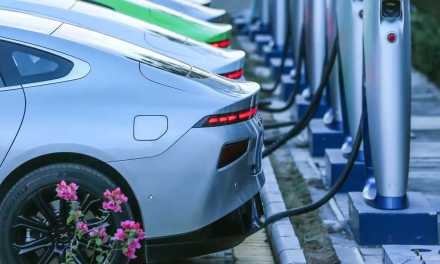In 2023, the United Kingdom saw a surge in the installation of public EV charging stations.
Nearly 16,000 public chargers came online between January 1 and December 12, according to The Guardian. This brings the UK’s total EV charger count to over 53,200, a 43% year-over-year increase.
The UK’s EV charging network is experiencing accelerated growth. In 2022, the network only grew by 30%.
Moreover, ultra-rapid chargers are growing faster than the industry average. The ultra-rapid charging network grew by 104% between November 2022 and November 2023.
The growth of the EV charging network is even more impressive in light of the lack of government support. In 2020, former Prime Minister Boris Johnson announced £950 million ($1.2 billion US) in funding to build fast chargers at motorway rest stops. However, none of this funding has been allocated yet.
Local governments have been partially offsetting the national government’s inaction. In November, Transport for London announced that it will be building five new ultra-fast EV charging hubs throughout the city.
The hubs are the first of their kind in London. Each hub will have between six and 20 ultra-fast EV charging stations.
Increasing the number of EV chargers is a crucial part of overcoming EV skepticism.
A 2022 survey found that 77% of UK drivers would not consider buying an EV. When asked why, 21% of EV opponents said that insufficient charging infrastructure was the reason. This was the second most commonly cited factor, behind only price.
Although the growth in EV charging stations is impressive, it’s imperative for the UK to sustain this growth.
The UK government will require zero-emissions vehicles to account for 100% of new car sales by 2035. The government previously estimated that the country will need 300,000 public EV chargers if the zero-emissions vehicle target is to be reached.
The UK will also need to more evenly distribute EV chargers across regions. London currently has over eight times more public EV chargers per capita than Northern Ireland. An unevenly distributed EV charging network increases “range anxiety” – the fear of EV batteries running out of charge during long road trips.
Overconcentration of EV charging infrastructure in large urban centers is also an issue in the US and Canada.
Image Source: Drive Green






